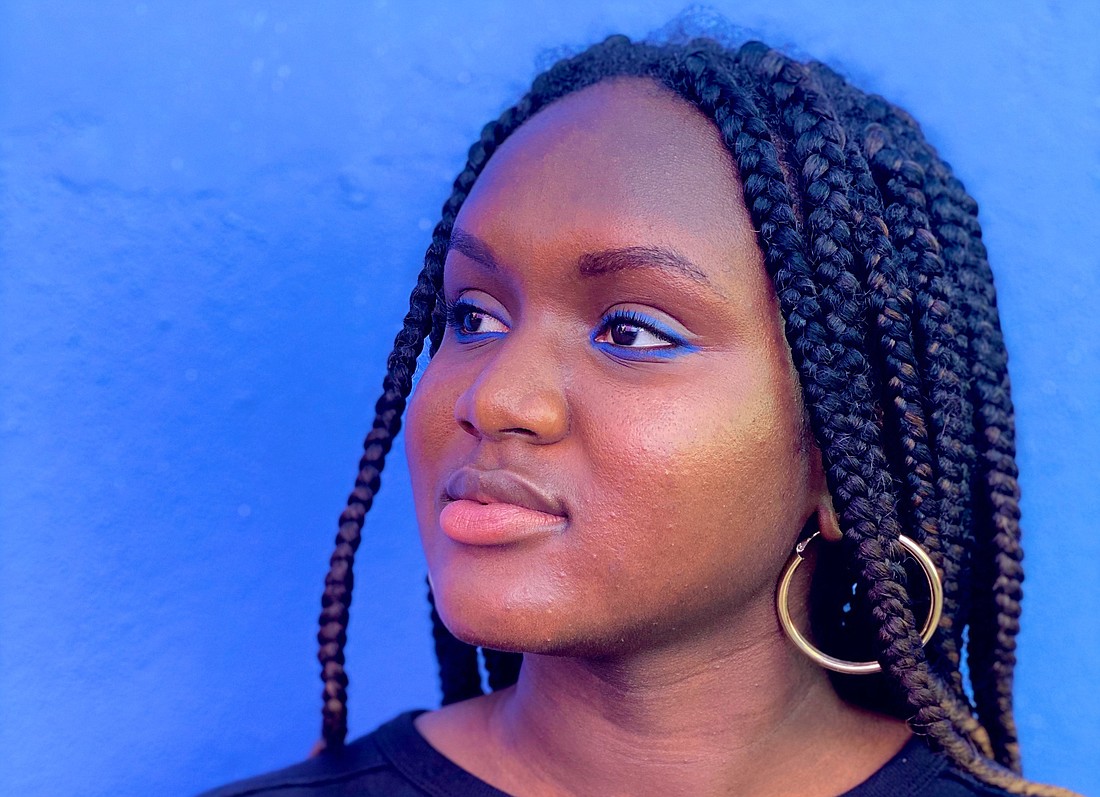- January 9, 2025
-
-
Loading

Loading

By Julia High
Windermere Preparatory School
The Fourth of July is not my favorite holiday. That honor belongs to Christmas.
To be honest, it isn’t even my second favorite. That would be New Year’s. Yet, my family and I often celebrate it like millions of other Americans. Even though the Fourth of July isn’t my favorite holiday, it’s always been a fun experience. Friends, food and fireworks make wonderful festivities on any day.
But whenever I’ve celebrated Independence Day in the past, I’d feel a sense of shame tickling at the edge of my conscience. For many Americans, the idea of freedom was a pretense. A select few enjoyed the independence that was built on the backs of slaves and land stolen from Native Americans. Our nation’s Founding Fathers adopted the Declaration of Independence on July 4, 1776, but I couldn’t pretend I didn’t know who that independence was meant for. It was not meant for minorities, not for women, and not even for the poor. It was meant for the wealthy, land-owning white men who ruled this nation for centuries.
Even now, I think back to when I read, “What to the Slave is the Fourth of July?” by Frederick Douglass. He describes the Fourth of July as such: “What, to the American slave, is your 4th of July? I answer: a day that reveals to him, more than all other days in the year, the gross injustice and cruelty to which he is the constant victim.”
Every Fourth of July, I would try not to wonder how my ancestors must have felt seeing people rejoice over Independence Day while they remained in chains. Or how my ancestors must have felt when they had to endure harsh Jim Crow laws meant to keep them suppressed and never fully independent. I would try not to think about how those in the prison system today must feel when, after they’ve paid their dues to society, they may be unable to vote, get a job or feel free ever again. I tried not to think about immigrant children kept in cages, for whom independence is far from reality. I would try not to think about these tragedies and fail, and I would see just how hypocritical America can be.
But then I realized that it’s difficult not to think about our nation’s tragic past, because we are supposed to think about it. If the story of our nation’s history is one with many sides, should not our Independence Day honor those many sides? It is quite possible to celebrate the freedoms that we do enjoy as Americans while still lamenting those that our ancestors did not receive; that many are still fighting to gain. It would be irresponsible to only celebrate the positive things about our country on the Fourth of July, but on the other hand, it can be depressing to focus only on the negatives.
It is by those principles that I established my own meaning behind the Fourth of July.
To me, the Fourth of July is a day of reflection, learning and celebration. It is a day to reflect on the pain that my ancestors faced. The pain that minorities and women still face on this long journey toward equality. It’s also a chance to learn more about America’s history and the origins of the Declaration of Independence. An opportunity to plan for the future and think about ways to make our country a better place for everyone.
When I celebrate the Fourth of July, I’m celebrating my hope that America will one day live up to the ideals stated in the Declaration of Independence. When the idea that all men are created equal is self-evident, and when everyone can enjoy the unalienable rights of life, liberty and the pursuit of happiness.
So the next time that the Fourth of July rolls around, I will continue to enjoy the company of friends, food and fireworks. I will celebrate and dream of the day that America truly is the land of the free.